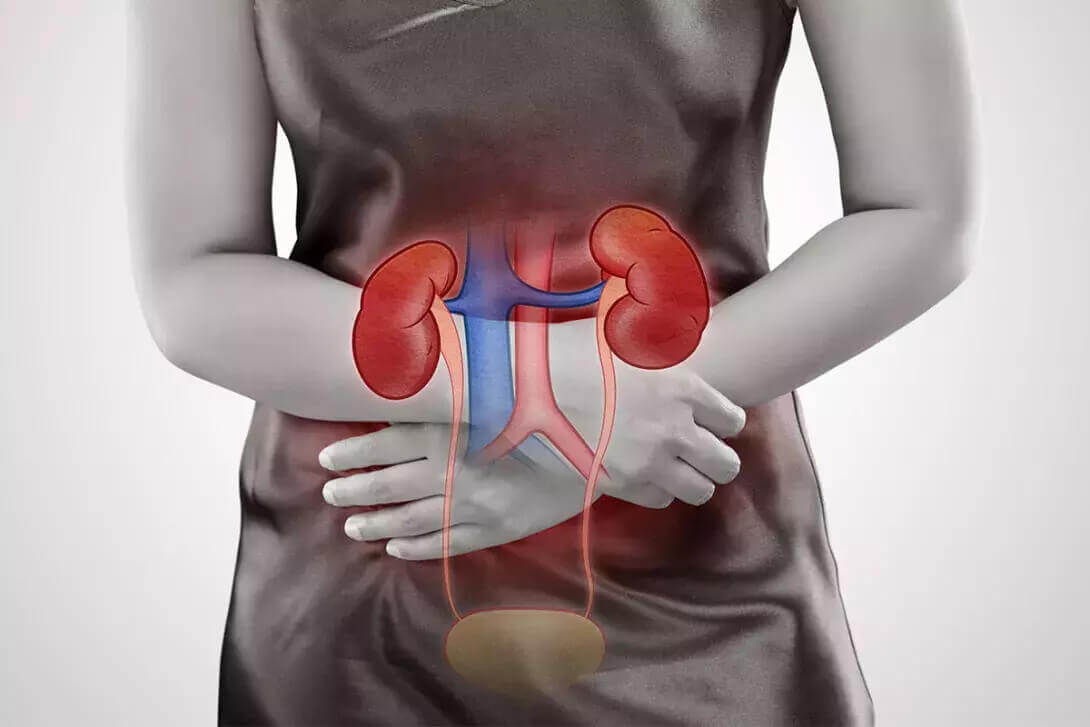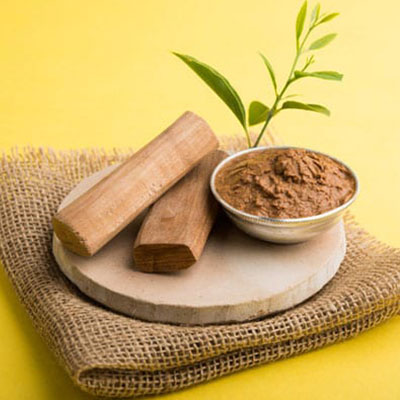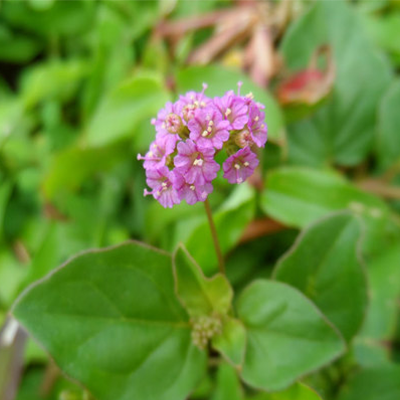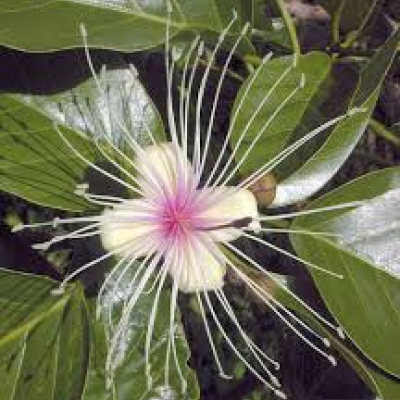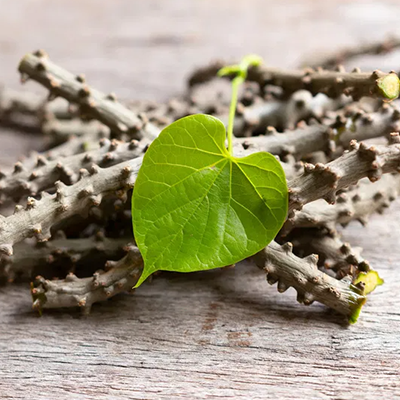A Urinary Tract Infection (UTI) is a bacterial infection affecting any part of the urinary system, including the kidneys, bladder, ureters, and urethra. Most UTIs are caused by bacteria, but viruses or fungi can also cause them. UTIs are more common in women but can occur in men, children, and the elderly.
Causes of Urinary tract infections
Bacterial Infection
- The majority of UTIs are caused by Escherichia coli (E. coli), bacteria that normally live in the intestines and may enter the urinary tract.
Poor Hygiene
- Improper cleaning, especially in females, can lead to bacterial migration from the anal area to the urethra.
Sexual Activity
- Frequent or vigorous sexual activity increases the risk of bacteria entering the urinary tract.
Urinary Stasis
- When urine is not completely emptied from the bladder, it creates a favourable environment for bacterial growth.
Catheters or Medical Instruments
- Indwelling catheters or procedures like cystoscopy can introduce bacteria into the urinary tract.
Underlying Medical Conditions
- Conditions like diabetes, kidney stones, and enlarged prostate increase the risk of UTIs.
Weakened Immunity
- Individuals with compromised immune systems are more prone to infections.
Menopause
- Postmenopausal women experience hormonal changes that reduce the protective bacteria in the vaginal area, increasing the risk of UTIs.
Types of Urinary tract infections
Lower Tract Infection
- Affects the bladder (cystitis) and urethra (urethritis).
Upper Tract Infection
- Affects the kidneys (pyelonephritis), which is more severe than lower UTIs.
Signs and Symptoms of Urinary tract infection
Lower UTI (Bladder or Urethra)
- Burning sensation during urination (dysuria).
- Frequent urge to urinate but passing small amounts of urine.
- Cloudy, dark, or foul-smelling urine.
- Pain or discomfort in the lower abdomen or pelvic area.
- Blood in the urine (haematuria).
Upper UTI (Kidneys)
- High fever with chills.
- Flank pain (pain in the sides or back).
- Nausea and vomiting.
- Severe fatigue or malaise.
Complications of UTIs
Recurrent UTIs
- Multiple infections within a short time period.
Kidney Damage
- Chronic infections can cause scarring in the kidneys, leading to reduced function.
Sepsis
- If left untreated, bacteria may enter the bloodstream, causing life-threatening complications.
Pregnancy Complications
- In pregnant women, UTIs can lead to preterm labor or low birth weight.
Urethral Stricture
- Chronic infections may cause narrowing of the urethra.
Diagnosis of UTIs
Urinalysis
- A sample of urine is tested for the presence of white blood cells, red blood cells, or bacteria.
Urine Culture
- Identifies the type of bacteria and determines the most effective antibiotic.
Imaging Studies
- Ultrasound, CT scan, or MRI may be done to identify structural abnormalities or blockages.
Cystoscopy
- A scope is used to inspect the bladder and urethra for abnormalities.
Ayurvedic Perspective on Urinary tract infections
In Ayurveda, UTIs are described as "Mutrakrichra", meaning difficulty or pain during urination. It is mainly caused by the imbalance of Pitta Dosha, which governs heat and metabolism in the body.
Ayurvedic Management of UTIs
The management of UTIs in Ayurveda focuses on:
- Balancing Pitta Dosha
- Reducing Inflammation.
- Detoxifying and Strengthening the Urinary System.
Panchakarma Therapies
Virechana (Purgation Therapy)
- Detoxifies the body and balances Pitta.
Basti (Medicated Enema)
- Cleanses and strengthens the urinary system.
Dietary Recommendations
Foods to Include
- Hydrating foods: Coconut water, cucumber, and watermelon.
- Cooling foods: Milk, ghee, and buttermilk.
- Vegetables: Bottle gourd, zucchini, and spinach.
Foods to Avoid
- Spicy, fried, and processed foods.
- Alcohol, caffeine, and carbonated beverages.
Hydration
- Drink plenty of water to flush out toxins and bacteria.
Lifestyle Modifications
Avoid Holding Urine
- Always respond to the urge to urinate.
Maintain Hygiene
- Keep the genital area clean and dry to prevent bacterial growth.
Stress Management
- Practice yoga and meditation to balance body and mind.
Regular Exercise
- Improves circulation and overall immunity.
Herbal Remedies
Chandana (Sandalwood)
Cooling and anti-inflammatory. Chandana powder mixed with water or milk is beneficial.
Gokshura (Tribulus terrestris)
Diuretic and helps in flushing out toxins from the urinary tract.
Punarnava (Boerhavia diffusa)
Reduces swelling and inflammation in the urinary tract.
Varun (Crataeva nurvala)
Relieves obstruction and improves urine flow.
Coriander Seeds (Dhanyaka)
Boiled in water to prepare a decoction for relief from burning sensations.
Guduchi (Tinospora cordifolia)
Enhances immunity and reduces recurrent infections.
Kokum (Garcinia indica)
A natural coolant to pacify aggravated Pitta.
Ayurvedic Formulations for treatment of UTI
Chandraprabha Vati
- Ingredients: Guggulu, Chandana (Sandalwood), Haritaki, Amalaki, and Shilajit.
- Benefits: Acts as a diuretic, anti-inflammatory, and detoxifier. Useful in reducing burning sensations and promoting smooth urination.
Gokshuradi Guggulu
- Ingredients: Gokshura (Tribulus terrestris), Triphala, Trikatu, and Guggulu.
- Benefits: Promotes urine flow, cleanses the urinary system, and prevents recurrence of infections.
Punarnavadi Kashaya
- Ingredients: Punarnava (Boerhavia diffusa), Daruharidra, and Devadaru.
- Benefits: Acts as a natural diuretic, reduces swelling, and combats infections.
Urinary Tract Infections are common but can lead to severe complications if not treated promptly. Ayurveda offers a holistic approach to managing UTIs by addressing the root cause, pacifying Pitta Dosha, and rejuvenating the urinary system. With proper dietary habits, herbal remedies, and lifestyle modifications, UTIs can be effectively prevented and managed.


